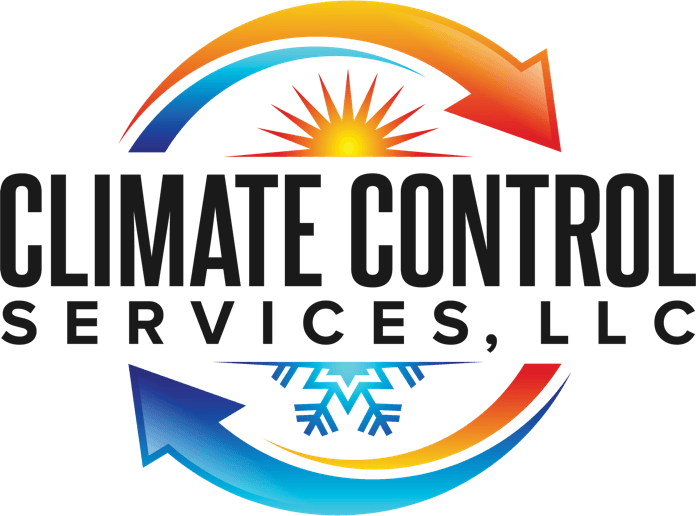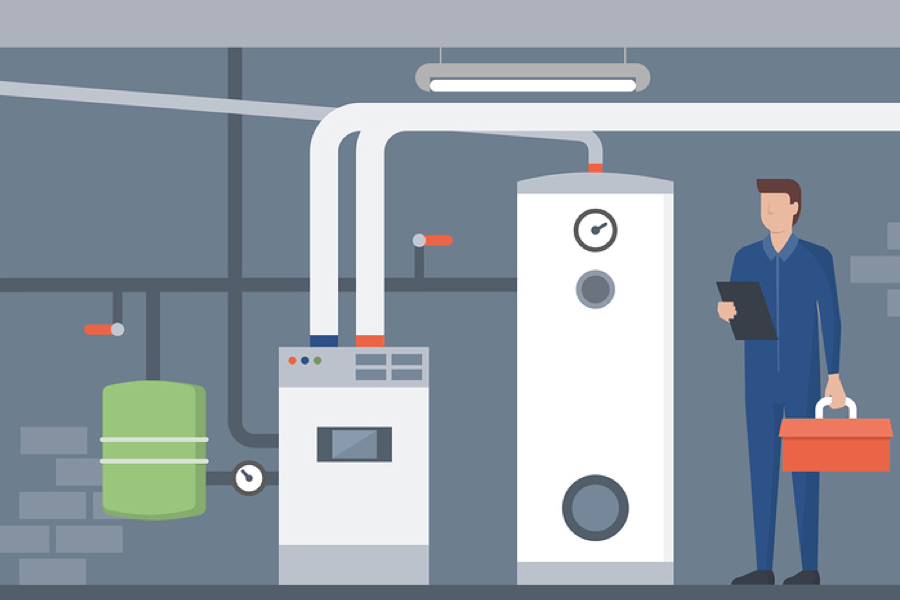Stay Friends With Your Furnace
The furnace is your friend. Don’t let it become an enemy
When you live in Illinois, you develop a close relationship with your furnace because the furnace stands between you and a very cold winter. It’s a good idea, then, to stay on good terms with your furnace. We don’t mean treat it like a pet – don’t offer it carrots, or put down a bowl of milk, and, whatever you do, don’t suggest taking it for a walk. Think of it more as a mother-in-law: it can be really great to have around, so long as you treat it with respect and don’t neglect it.
A furnace can be fueled by oil or gas. Gas – whether natural gas or propane – burns cleaner than oil and a gas furnace can be easier to get along with, but it has the potential to be lethal. Your gas furnace will have an automatic shut-off to prevent leaks, and the automatic shut-off will almost always work. Since a gas leak you don’t know about can kill you, “almost always,” while good, is not quite good enough.
Don’t panic!
Let’s not get this out of proportion. In an average year, 17 people in America die because of natural gas leaks (and none because of propane leaks). If you still find that number frightening, you might like to know that, in that same average year, 450 Americans die from falling out of bed.
Nevertheless, if you have a gas furnace, be aware that if you realize that there is a leak, “Strike a light!” Is a very bad piece of advice. What you should do, in fact, is leave the house and phone the gas company or the fire department. (You’ll know about the leak because you’ll smell it. Natural gas is actually odorless, but the gas company puts a smell into it for the very reason we are talking about).
Right, that’s got that out of the way and we’ve mentioned it only as a public service – remember that automatic shutoffs do work almost every time and that almost no-one ever pays the supreme penalty because their furnace was leaking. If you’re going to have a problem with the gas furnace, it’s likely to be around the thermocouple, the pilot light or the electrics. More to the point, because gas burns more cleanly than oil, gas furnaces probably need cleaning less often.
If all else fails, read the manual
When your furnace was installed, either you or the person living in the house at the time was given a manual, and the manual described all the bits and pieces that make up a furnace. It’s a very good idea to read the manual and it’s unfortunate that many people can’t do that because they threw the manual out with the packaging the furnace arrived in. However, that’s no longer the problem it used to be, because almost every manual is available online. Enter the make and model number of your furnace into a search engine and you’ll find you can download it.
Keeping things tickety-boo
What you should get out of reading the manual is advice on the things you can and should do to keep it working well and make sure it’s delivering you and your family the highest level of warmth and comfort and the lowest risk of failing when it’s 30 below outside and you’ve just welcomed a new baby into the home. (Congratulations, by the way!) And what you will also get is an indication of behavior the furnace might start to show that says this is not a matter for you and you’d better call us ASAP.
When you need us, we’ll be there. Fixing furnaces is what we do.
You might also like
HVAC Blog | Climate Control Services LLC




